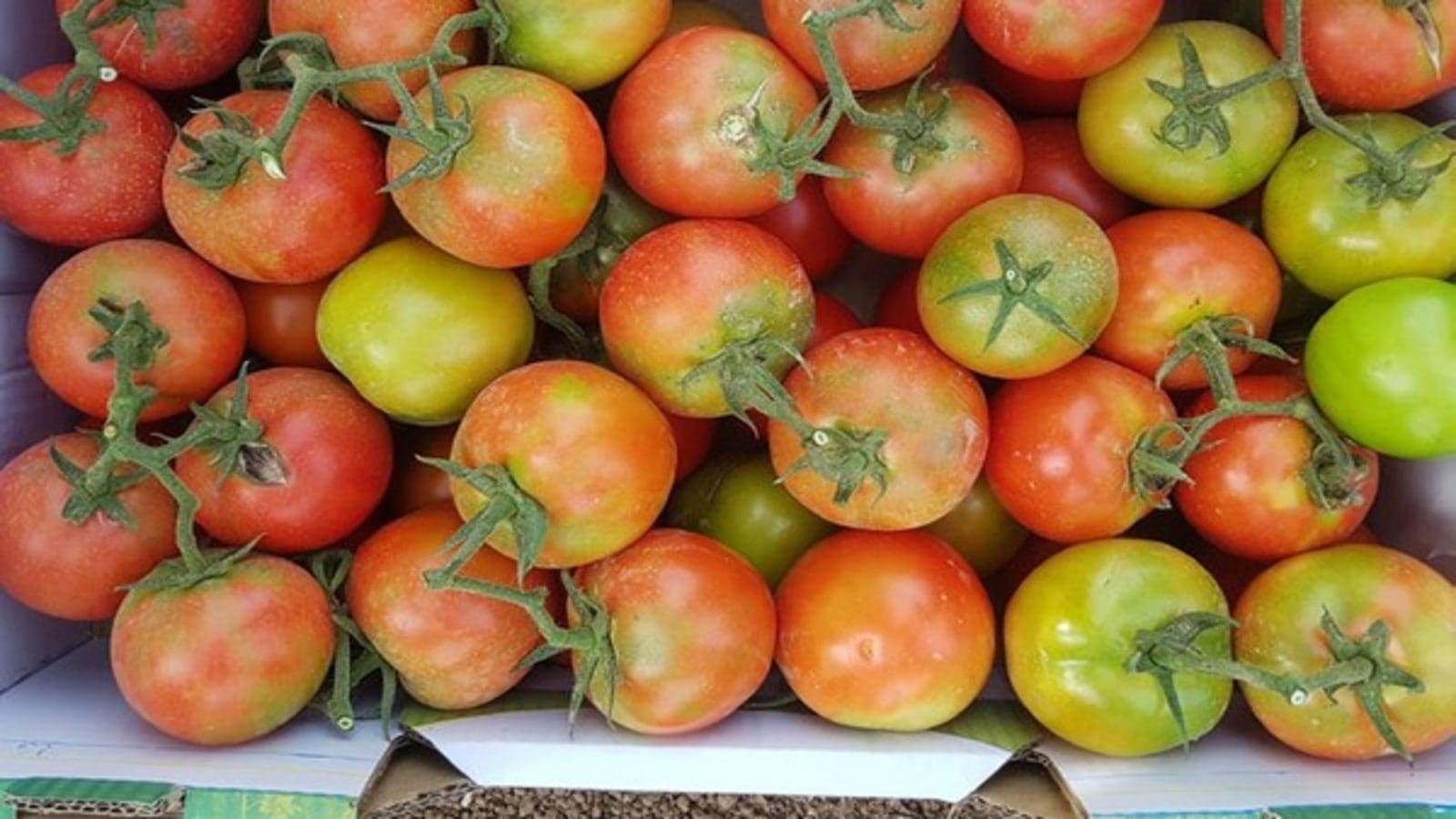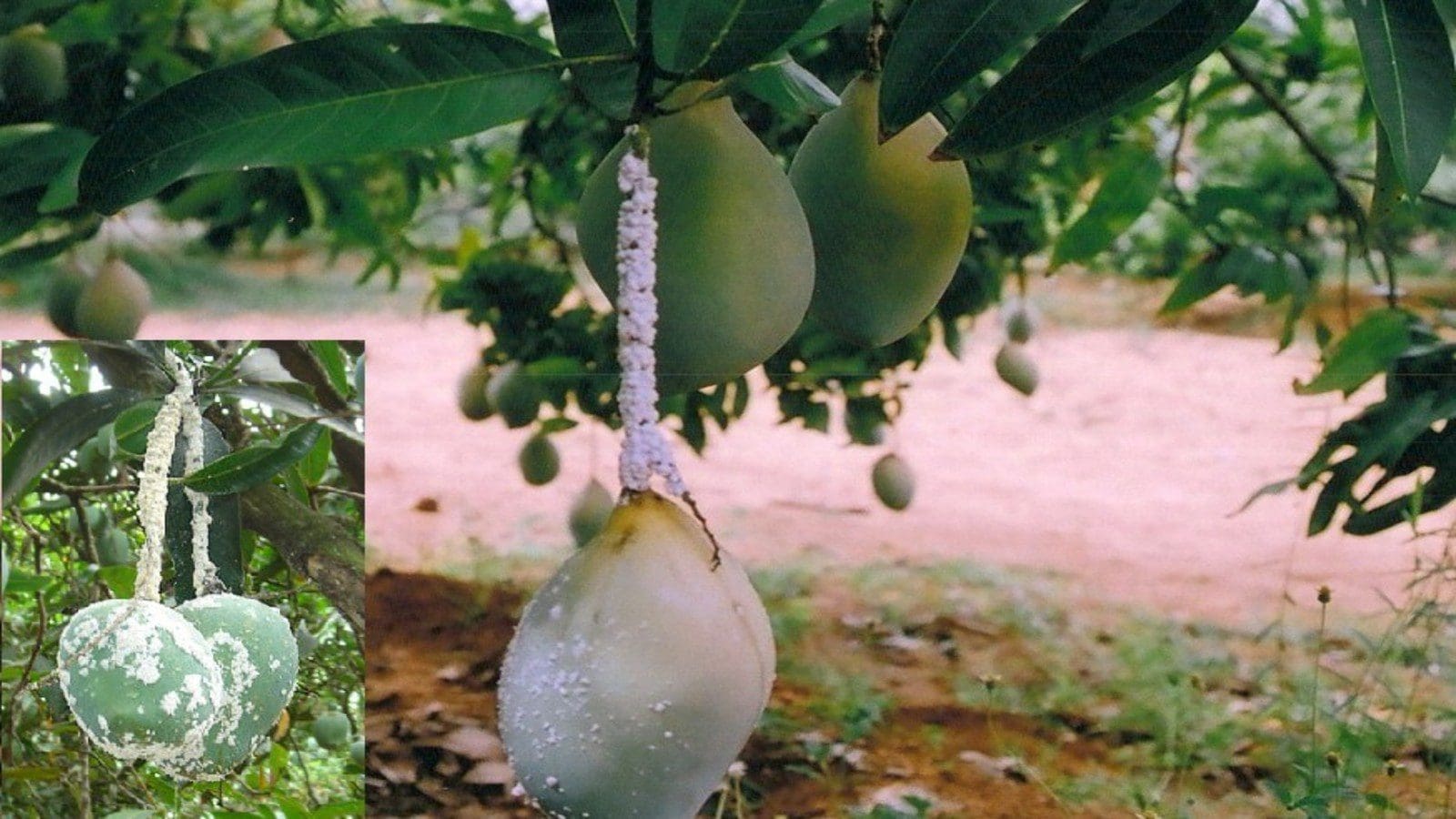KENYA – Africa’s tomato farmers have been urged to be on red alert for the Tomato brown rugose fruit virus (ToBRFV) that has been causing mayhem in most tomato-growing countries.
Speaking during African Seed Trade Association (AFSTA) Congress this year, Dr. Isaac Macharia, General Manager, Phytosanitary Services at the Kenya Plant Health Inspectorate Service (KEPHIS), said countries in Africa are encouraged to report the occurrence of the disease to ensure other countries prepare.
He said the virus is more severe on young tomato plants and can result in 30-70% yield loss. The unique trait about the ToBRFV virus is that it doesn’t infect the embryo of the seed but instead contaminates the seed coat.
“Its rapid spread demonstrates that ToBRFV has become a worldwide threat to tomato production. The continent needs to prepare for the negative impact of the disease in tomato production. There is a need to ensure we prevent the introduction of this virus in most of our countries. We can achieve that if we embrace pre-shipment testing of all imported tomato, capsicum, and eggplant seeds, regardless of their origin, using an appropriate method such as real-time Polymerase Chain Reaction,” he said.
He added that there was a need to sensitize importers of tomato/capsicum seed and commercial growers to ensure early reporting of cases.
Breeders also need to work towards the development of varieties with durable resistance genes since phylogenetic analysis shows the genomic sequence of ToBRFV differs from both Tomato Mosaic Virus (ToMV) and Tobacco Mosaic Virus (TMV).
“There is also need to invest in laboratory diagnosis for diseases, including tomato diseases. This will help countries carry out continuous tests for a proportion of seed and seedlings for ToBRFV,” he added.
Macharia informed that since Kenya imports most tomato, capsicum, and eggplant seeds from different countries, including those where ToBFRV has been reported, it is now mandatory for all imported tomato seeds to be tested using real-time PCR.
Hitherto, about 192 imported seeds lots have been tested since February 2021, and no positive samples have been registered.
Likewise, a field survey done in 2019 where 256 leaf samples were analyzed (245 tomatoes, 10 capsicums, 1 black nightshade) revealed a negative outcome. Despite the negative results, an emergency measure on ToBRFV was issued to all-out trading partners and import conditions for tomato and capsicum were amended to include pre-shipment testing and upon importation.
“We will continue to conduct continuous surveillance to ensure this virus doesn’t get to our country. We are also going to develop contingency plans to prevent spread in case of introduction,” disclosed Macharia.
ToBFRV was first described in 2015 after it was noted in Jordan and Israel. The main hosts are tomato and peppers. The virus causes symptoms including mosaic and distortion of leaves and brown, wrinkly spots on fruits. Outbreaks can be severe and leave fruit unmarketable.
Liked this article? Subscribe to Food Safety Africa News, our regular email newsletters with the latest news insights from Africa and the World’s food safety, quality and compliance. SUBSCRIBE HERE







